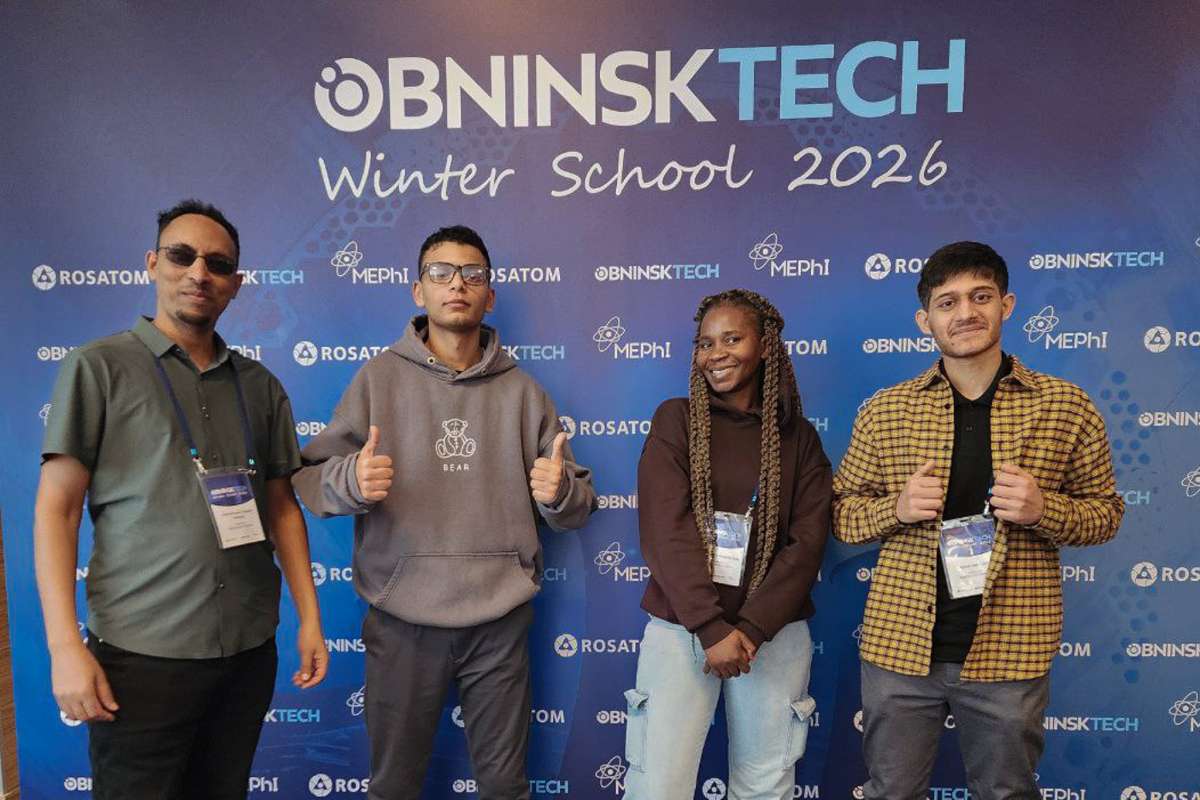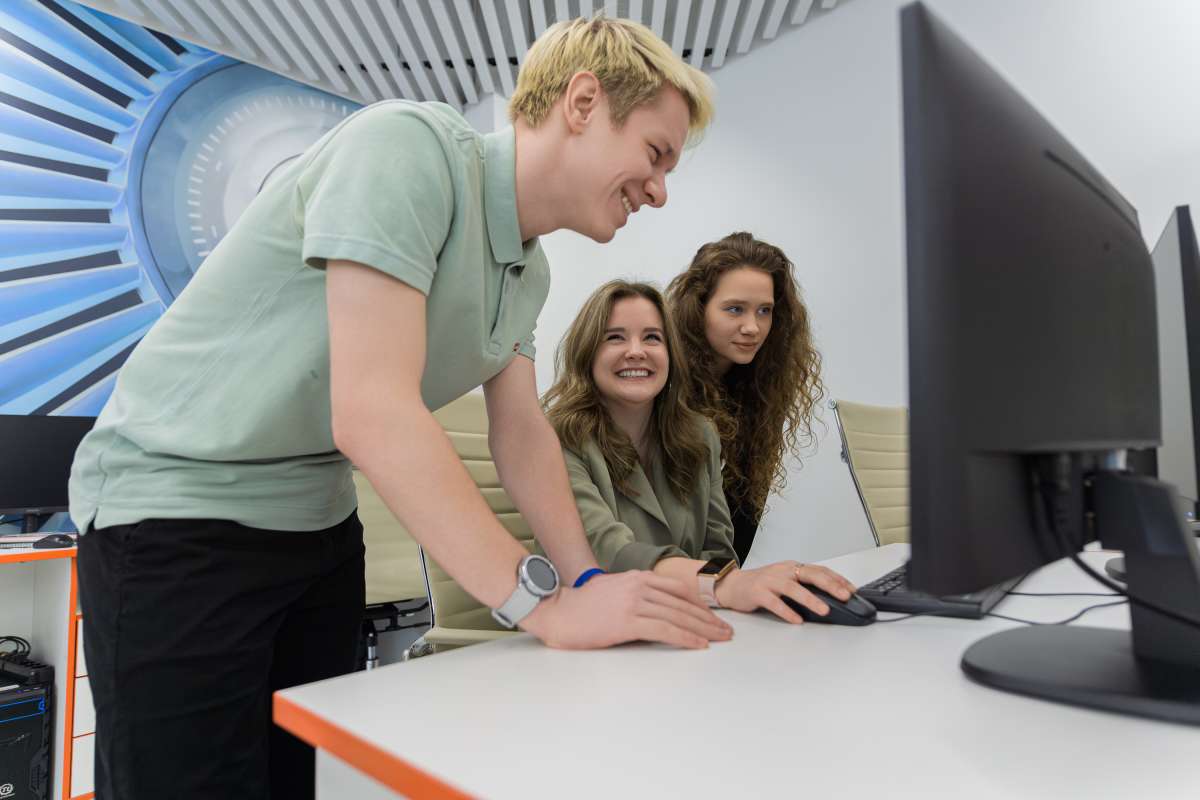Institute of Energy's strategic goal is leadership in educational and research activities in power engineering (including ecology of power engineering), electrical and power engineering. Institute of Energy Development Program for 2021−2025 was approved by the Academic Council of SPbPU under the chairmanship of Rector Academician of RAS A.I. Rudskoy.
Institute of Energy's strategic goal is leadership in educational and research activities in power engineering (including ecology of power engineering), electrical and power engineering. Institute of Energy Development Program for 2021-2025 was approved by the Academic Council of SPbPU under the chairmanship of Rector Academician of RAS Andrey RUDSKOY.
Active development of educational activities - work with applicants, undergraduate, graduate and specialist training, highly qualified personnel - candidates and doctors of sciences, new educational programs and disciplines, international educational programs and double and triple diploma programs, additional professional education. The Institute's program of educational work takes into account modern and promising trends in personnel training, which will allow our graduates to comply with the high level of competition and be in demand in science, industry and business.
One of the examples of the development of educational programs is the new master's degree programs "Digitalization and Modern Technologies of Electric Power Industry", "Cable Power Lines", "Hydrogen Energy" and "Electrical Machines" and additional professional training in the areas of "Energy Ecology of Nuclear Power Industry", "Digital Technologies in Power Industry", "Digital Twins in Power Machine Engineering", "Digital Twins for Power System Protection".
Among other things, the Institute's Development Program focuses on further strengthening the human resources potential of the academic and research staff, including through training candidates and doctors of science and performing research work for the energy sector, industry and business. Unique experimental, simulator and laboratory base of the Institute and its development in accordance with the prospective needs of state corporations, companies and enterprises of power engineering, power and electric engineering, Russian and foreign industries will contribute to the solution of this problem.
Close cooperation with the Global Energy Award (Sergey BRILEV is the President of the partnership), whose International Committee Chairman, Nobel Prize Laureate Rae Kwon CHUNG is the scientific supervisor of the "Ecology of Energy" at section of the Institute of Energy (Director of the Institute - Corresponding Member of RAS, Professor Yurij PETRENYA is a member of International Committee of Global Energy) will certainly contribute to further development of the Institute of Energy.
An important component of the strategy is close cooperation and partnership with federal and regional agencies (Ministry of Energy, Ministry of Industry, MIC, Committees on Energy and Industry, Regional Energy Commissions, etc.) and industrial partners (Ministry of Energy, Ministry of Industry, Ministry of Energy, etc.). ) and industrial partners (Rosatom, Gazprom, Gazpromneft, TGK and OGK, Rosseti, Power Machines, NIIEFA, LNPP, Klimov Plant, etc.), and foreign organizations and companies (Siemens, Schneider Electric, Ansaldo, universities in Germany, Italy, Finland, Latin America, China, etc.).
Along with traditional forms of interaction with our partners, the Institute of Energy will develop those in which it already has positive experience, such as student design offices with large industrial companies and the basic departments of energy and industrial enterprises.
At present, detailed action plans have been developed, and their implementation will ensure that the strategic goal of the Institute of Energy at Peter the Great St. Petersburg Polytechnic University is achieved.



